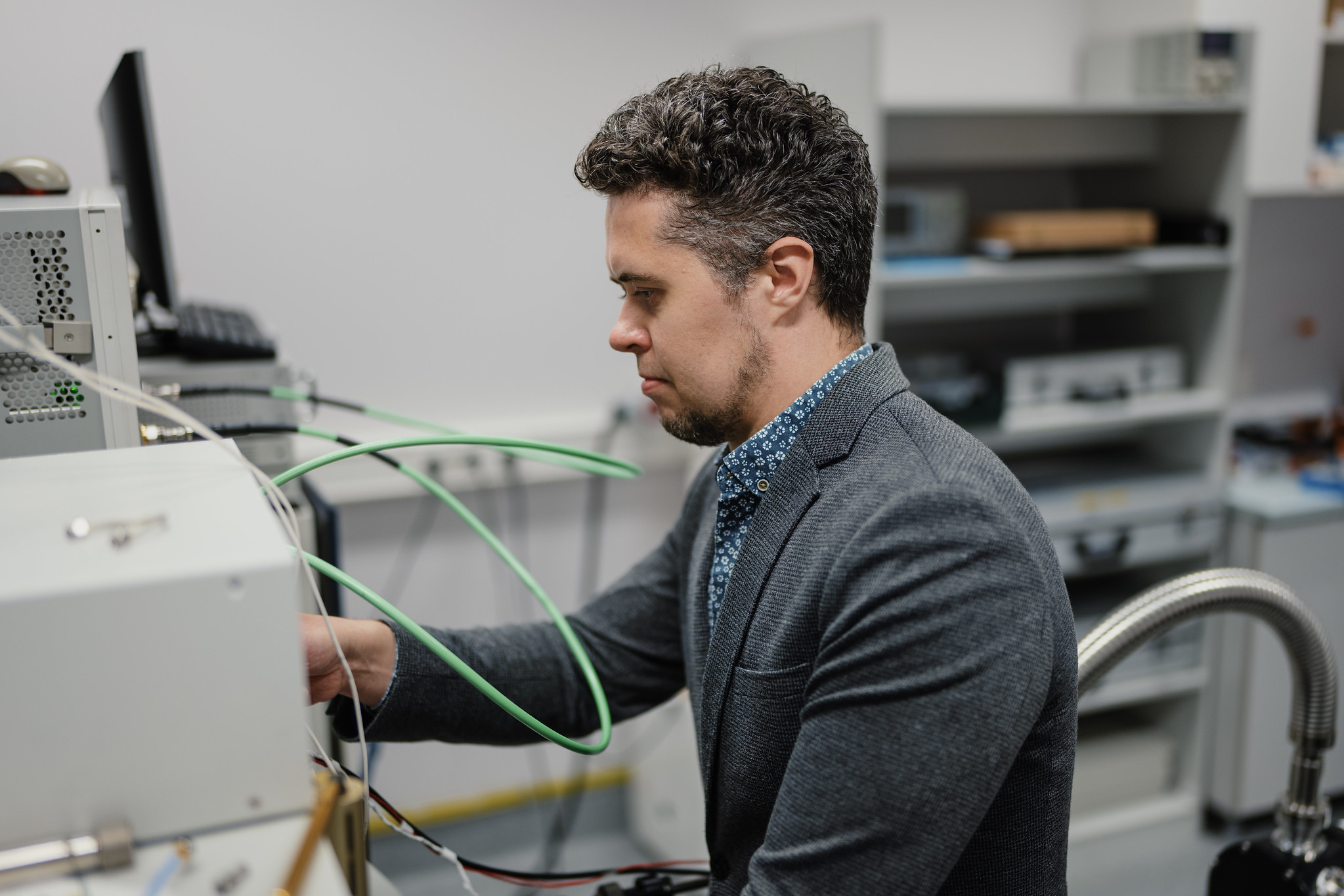Forgetting is natural, but scientists say there are things you can do to slow it down

The researchers also warn against common misconceptions about training, such as that training is easy to do.
New research demonstrates how learning can slow forgetting.
In accordance with Iowa State Whether you’re trying to pass an exam or take up a new hobby, combining two strategies—spacing and practicing your search—is the key to success, says psychology professor Shana Carpenter.
Carpenter is the lead author of the study, which reviews more than a century of scientific research, recently published in Nature Reviews Psychology.
“The benefits of spacing and retrieval practice have been proven time and time again in research in labs, classrooms, and workplaces, but the reason we’re showing this research is that these two techniques haven’t completely caught on. If they were used all the time, we would see a dramatic increase in learning rates,” Carpenter said.
In their research, Carpenter and her co-authors describe spacing as a method of learning incremental amounts over time. This is the opposite of studying the night before an exam. In one study, medical students who received repeated training in surgery for three weeks outperformed those who received the same training immediately in terms of exam performance two weeks later and a year later.

Psychology professor Shana Carpenter works with Cassidy Whitehead, left, and Kailyn Nichols, two seniors majoring in psychology at Iowa State. Credit: Shana Carpenter/Iowa State University
According to Carpenter, there is no set rule as to how much time should pass between workouts. However, research shows that reviewing information after some (but not all) of it has been forgotten is beneficial.
Retrieval practice is an approach that involves recalling prior learning. It can come in a variety of formats, such as flashcards, practice exams, and open-ended writing prompts, and helps students identify gaps in knowledge. The authors of the article emphasize that those who check their answers for mistakes or receive instant feedback learn even better.
More than 200 studies show that people generally retain more information for longer periods of time when they practice retrieval compared to strategies that do not involve retrieval (such as rereading a textbook).
The authors argue that people who combine spacing and retrieval practice have the best chance of remembering information.
“Forgetting is a very natural thing; you can’t stop forgetting even if you try, but you can slow forgetting by using retrieval practice and spacing,” Carpenter said.
Highlights and illusions of learning
Carpenter says misconceptions about learning are one of the reasons that retrieval practice and spacing aren’t used more widely.
“Probably the number one misconception is that training has to be easy in order to work, and that’s not the case at all. You will learn harder and more effectively if you persevere and overcome these challenges than if you had it easy all the time,” Carpenter said.
Simply highlighting or rereading a textbook seems easier than writing answers to practice essay questions. But without the knowledge check that comes with trying to retrieve learned information, there’s a greater risk of being lulled into what the authors call the “illusion of learning.”
Carpenter acknowledges that many people don’t like making mistakes or realizing they don’t understand the material as well as they thought they did. This can bring up insecurity, fear of failure, or other emotions they want to avoid. But there’s a good chance they’ll eventually have to face what they don’t know when the stakes are higher, such as during an exam or a presentation at work.
Bringing into the classroom
Carpenter says she uses digital tools (such as online practice quizzes and clicker questions) to incorporate retrieval practice and spacing into her college courses, but there are other ways to bring these strategies into the classroom.
She cites the example of an elementary school math teacher whose methods were highlighted at a recent conference. A few days after the fractions lesson, the teacher asked her students to share everything they remembered about fractions. It was an open and communal activity.
“The more they talked, the more they started to remember, and these kids were excited to talk about fractions,” Carpenter said.
She shares another story about a high school teacher who routinely projects practice questions from previous lessons on the screen. Students record their answers on flashcards and then check their answers individually or discuss them as a group.
Carpenter points out that the teachers in both examples did not assess the performance. Rather, they provided no-stakes and low-stakes hands-on opportunities to help students learn and recognize mistakes as an important part of the process, which benefits students beyond the classroom.
“Learning to learn ensures that wherever you go after years of formal education, you’ll know how to learn and succeed,” she said.
Reference: Shana K. Carpenter, Steven C. Penn, and Andrew S. Butler, The Science of Effective Learning Using Spacing and Retrieval Practice, 2 Aug 2022. Nature Reviews Psychology.
DOI: 10.1038/s44159-022-00089-1
https://scitechdaily.com/forgetting-is-natural-but-scientists-say-you-can-do-this-to-slow-it-down/ Forgetting is natural, but scientists say there are things you can do to slow it down





